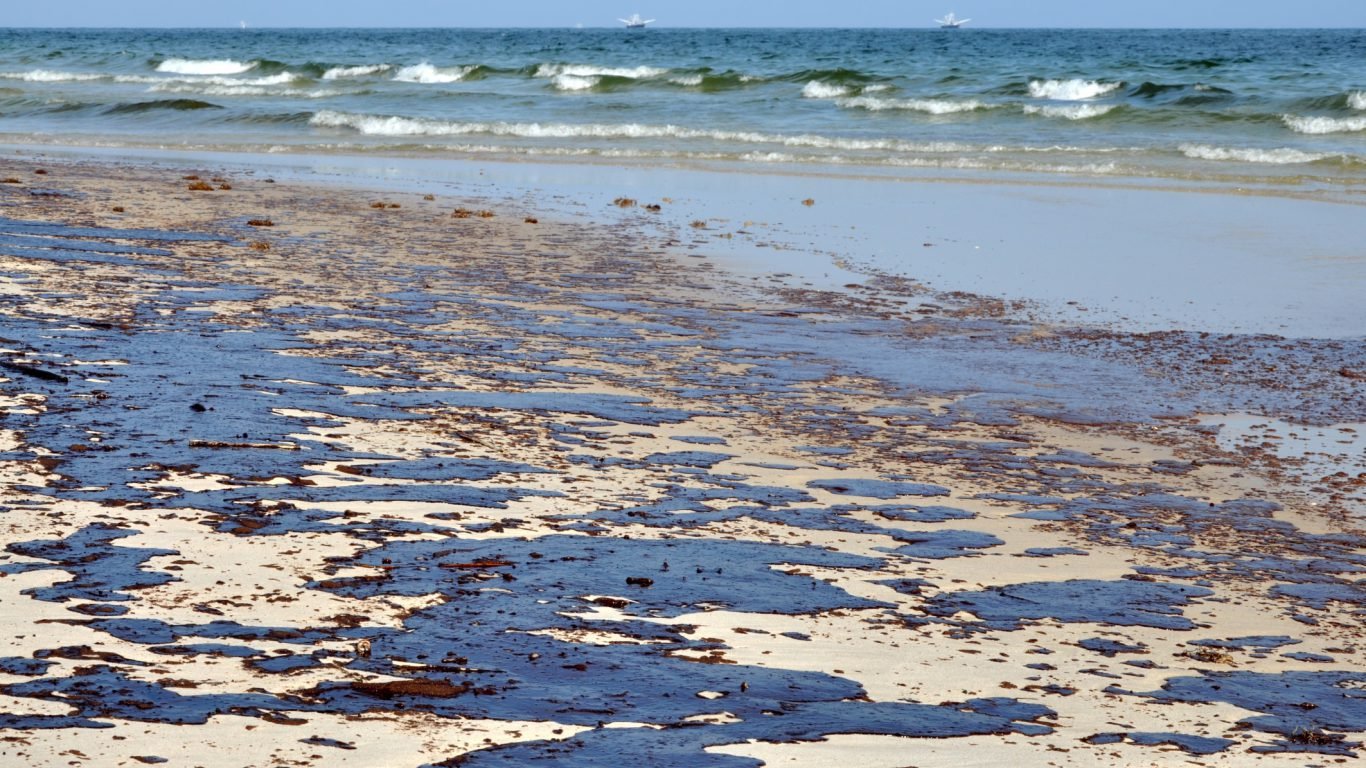Economy
Climate laggards start to bail on COP26; plus Moody's puts numbers to bank risk

Published:

By David Callaway, Callaway Climate Insights
Here come the excuses. Less than four weeks before the world’s most important climate summit, leaders of some of the biggest polluting countries are starting to look for ways to beg off.
South African President Cyril Ramaphosa said over the weekend he’ll skip COP26 in Glasgow next month to attend to municipal elections in his country. Municipal elections? Australian Prime Minister Scott Morrison said yesterday he needs to first explain his climate position to his countrymen before talking to “people overseas.” China’s Xi Jinping still hasn’t responded to his invite from Britain’s Boris Johnson, nor has Russia’s Vladimir Putin.
While leaders of many smaller countries in Africa and South America struggle to find ways just to get to Glasgow and get vaccinated, the countries responsible for the pollution that threatens smaller nations are turning away. Both South Africa and Australia depend largely on coal for their energy, and have been rated “highly insufficient” by Climate Action Tracker in terms of meeting their climate pledges.
No national leader wants to travel halfway around the world to get dumped on in front of their voters, or screamed at by protesters. More than 100 leaders are expected to attend, including Queen Elizabeth and Pope Francis. But if the biggest problem countries don’t attend, it begs the question whether the event can have the impact it needs.
Lots of arm twisting in days ahead, as a backdrop of the largest international energy crisis in a generation adds to the drama. Investors watching for progress should note oil at its highest levels in seven years this week, as well UK carbon futures on the European Trading System, which rose above $100 a ton (£75) for the first time last week.
More insights below. . . .
. . . . Basically, fighting climate change all comes down to China. First, it is the world’s biggest polluter and, second, it has been dragging its feet. But there are some promising signs. In addition, it has to realize that its global ambitions will be hampered if it continues to be seen as the world’s dirtiest nation. Read more here . . . .
. . . . Offshore wind power projects are growing like a whirlwind, with nine times the current capacity already in the pipeline. Breezy Britain has been leading the charge, but China is soon going to overtake it with a massive investment in projects. Offshore, where wind is more constant, tends to be more reliable than onshore and doesn’t scar the landscape. Read more here. . . .
. . . . As Congress battles over efforts to combat global warming, companies are ramping up their opposition, saying one thing about climate change (we want to fight it) and doing another (undermining efforts to combat it). Ironically, just about the only company that is not hypocritical is Exxon, which has announced no plans to go net-zero. Read more here. . . .
. . . . The current fossil fuel crunch is raising solar panel costs, with the latest problem centering on China’s polysilicon production, which is already hampered by human rights concerns and a U.S.-China trade war. Like the chip crisis, this one may take awhile. Some say mid-2023. No wonder oil is at seven-year highs. Read more here. . . .
A break in an oil pipeline off the coast of Southern California has dumped an estimated 126,000 gallons of oil into the Pacific, fouled Orange County beaches and devastated wildlife and their habitats. The leak reportedly has been stopped and officials are trying to remove the oil. The pipeline is owned by the Houston-based oil and gas company Amplify Energy (AMPY). The company’s stock fell almost 44% on Monday and was down another 2% at midday Tuesday. The Los Angeles Times reported Amplify Energy emerged from bankruptcy just four years ago and “amassed a long record of federal noncompliance incidents and violations.”
Moody’s Investors Service says under the worst climate scenario, banks’ corporate loan losses could be significantly worse than anticipated. Moody’s has released a new report assessing the expected impact of climate change and the transition to a low-carbon economy on banks’ loan portfolios, and warning of significant potential losses, particularly if the banks fail to reduce their climate exposure. ESG Today reports that Moody’s looks at three climate scenarios, based on previous work done by the European Central Bank, assessing the expected impacts on four European banks with varying levels of climate exposures based on carbon-intensity in their lending, and to sectors with different levels of vulnerability to physical and transition risk. Under the most extreme “hot house” scenario, under which delayed transition policies lead to extremely high physical damage, all of the banks would experience significant hits to profitability, with loan losses in some cases growing more than 20% from the baseline scenario of limiting global temperature increase to 1.5°C. above pre-industrial levels.
Callaway Climate Insights Newsletter
Finding a qualified financial advisor doesn’t have to be hard. SmartAsset’s free tool matches you with up to 3 fiduciary financial advisors in your area in 5 minutes. Each advisor has been vetted by SmartAsset and is held to a fiduciary standard to act in your best interests. If you’re ready to be matched with local advisors that can help you achieve your financial goals, get started now.
Thank you for reading! Have some feedback for us?
Contact the 24/7 Wall St. editorial team.